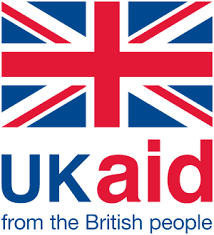Community / Land projects / Agri-enterprise in sunflower growing for women heads of families - climate chang
Agri-enterprise in sunflower growing for women heads of families - climate chang

€0
03/12 - 04/15
Completed
This project is part of
Implementing Organisations
Donors
Data Providers
General
After decades of civil war, people in much of northern Uganda are returning home. Many are widows or orphans, with no experience of farming from a life in refugee camps. While small scale farming may feed the family, it is not enough to make significant income without help. This project works with groups of women and orphans to come together growing sunflower for sale, alongside their traditional crops. It also ensures that land ownership is defined, and works to link the groups to markets, increasing income for education, health and care for those with HIV/AIDS. The project is run through a well established Ugandan organisation. While the main programme focuses on enterprise, the climate element will allow expansion to cover wider environmental understanding and significantly reduce the risks of climate change. By increasing the range of products the project will increase the potential for profit, and also reduce vulnerability. A range of tree crops will be introduced to fix nitrogen, retain rain and reduce erosion, increase flowers for bees and provide organic inputs. Each of the 600 families will be provided with goats – these will be primarily for manure; and with bees for honey and pollination. Training and equipment will be provided, and as these replicate, offspring will be passed to other project members. A full time environmental officer will train and support a team of village level volunteers to provide support and information. This will be backed up with radio programmes and an information centre, from which community information days will be run. These inputs will support the farmers to use organic and non-destructive farming methods, and to reduce their vulnerability to unpredictable and extreme weather. Additional climate funding for this project will enable the UK and African partners to implement less vulnerable rural development projects. In this case, it will ensure that new farmers – returning from refugee camps – will learn how to adapt their farming to reduce risks. This is particularly important as their current project focuses on one crop. Additional funding will bring livestock and bees into the project, and help them (and their communities) to grow a range of new crops better able to withstand unpredictable weather.


